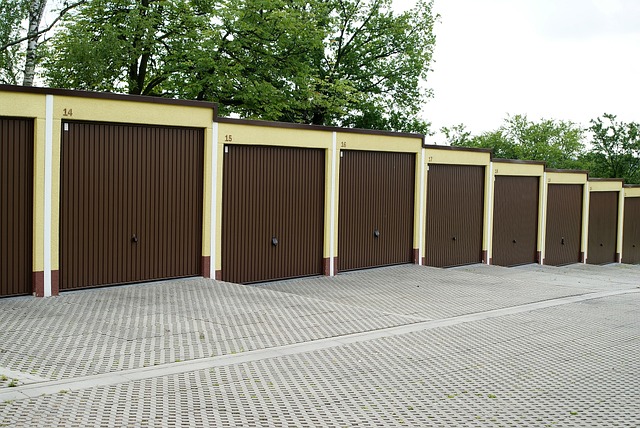Locking up your car deters crime and keeps it in better condition, which increases aesthetics and resale value. In addition, some insurance companies offer discounted premiums to patrons who enclose their vehicles on their property. Ponder these reasons to cruise into the garage next time you arrive home.
It Reduces Damage to the Exterior
For most drivers, stowing automobiles prevents scrapes and dings. If you or one of your family members constantly tap the wall or the items that line it when parking, consider this life hack of dangling a tennis ball from the ceiling so it will touch the windshield while you still have a cushion of space in front of the bumper.
It Protects From Intense Weather
Automobiles kept at moderate temperatures last longer. It’s a fact highlighted in your owner’s manual, which explains that maintenance needs to be scheduled more often for vehicles in extreme climates. Heating or cooling a car whose temperature is at the opposite end of the spectrum exhausts air conditioning and heating systems. Your garage minimizes this effect by insulating your vehicle from the weather outside.
Reducing your car’s exposure to heat is essential for optimal lifespan. A garage protects your vehicle from UV rays that damage the paint and excessive heat that contributes to the deterioration of all its parts, including the upholstery and engine components. Although you can place a sunshade in the windshield, that only reduces the temperature inside. It does not affect the coated metal exterior, which conducts heat that then spreads to the inside of the vehicle.
It Saves You Time
Garaged autos rarely collect ice, which requires valuable minutes to scrape off in the morning, delaying your departure. Likewise, by safeguarding your vehicle, you can avoid waking up to a shattered windshield caused by a fallen tree limb. The inside of a garage is also a safer place to load or unload groceries without opening yourself up to crime.
It Encloses Potential Threats
Most Americans store substances like propane, gasoline, and cleaning chemicals outside of their home to keep them out of the reach of young hands. Because of those items, your garage is a more likely place for a fire, which is the downside of parking there. Never cut a doggie entrance from the garage, because laws regulate the composition of any door between that storage area and the main residence. If you start the engine while the car is stowed, contemplate opening the outside door to release harmful carbon monoxide fumes.
If your situation does force you to park on the street, choose a lit place and remove any valuables from sight. Select a spot where there is constant traffic, because thieves rarely steal with onlookers present. Wash and wax your vehicle regularly to prevent substances from attaching to the paint, causing it to deteriorate over time. If possible, find a shady area or build a carport to stop damaging rays from harming your set of wheels. Also make sure you consider the value of having a protected area for your vehicle the next time you purchase or rent a residence.
Image by account_deleted from Pixabay






